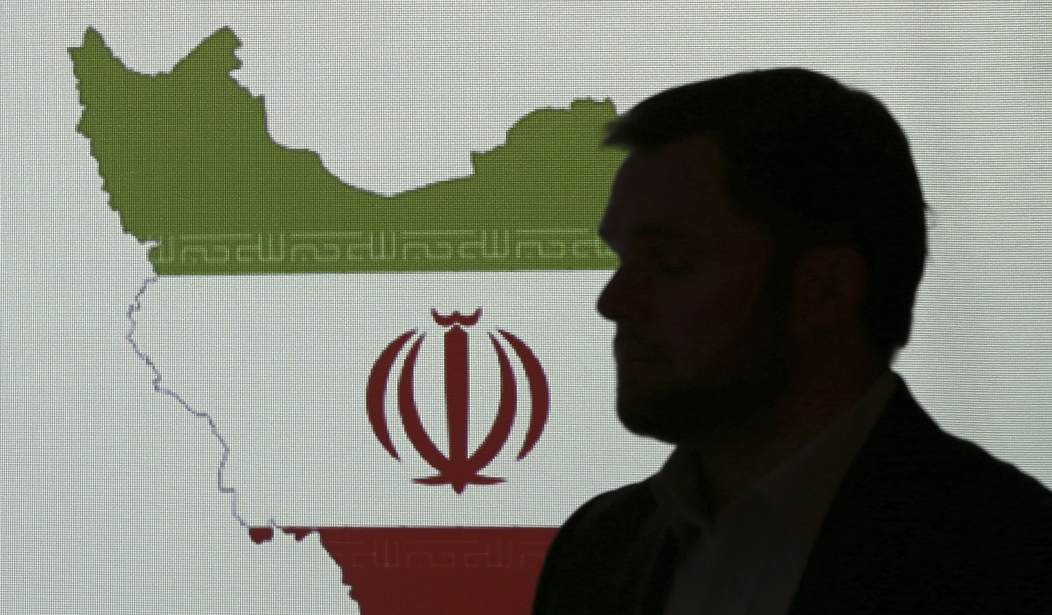Beyond just knocking out Iran’s nuclear capabilities, President Trump recently indicated an interest in fomenting regime change in Iran, posting on Truth Social: “It’s not politically correct to use the term, ‘Regime Change,’ but if the current Iranian Regime is unable to MAKE IRAN GREAT AGAIN, why wouldn’t there be a Regime change??? MIGA!!!”
In theory, the Iranian regime could be deposed through some combination of popular uprising (due to longstanding and legitimate grievances with the current regime and crippling sanctions) and foreign military or intelligence activity, to be swapped out for a more docile government — or at least balkanized and plunged into civil war, neutralizing the threat outside of Iran’s borders (the Syria model).
This is increasingly looking like what the Western powers are banking on.
The problem with turning theory into reality isn’t the mullahs themselves; it’s Tehran’s powerful allies in China and Russia.
Both countries have crucial geopolitical interests in maintaining the current state.
From the Chinese perspective, its enormous oil purchases from Iran pale in importance to the centrality of Iran to its global Belt and Road initiative connecting the Far East to the Middle East, Europe, and beyond.
Via Newsweek (emphasis added):As Israel and Iran exchanged missile fire on Tuesday, Chinese President Xi Jinping called on Central Asian countries to deepen cooperation under China's "Belt and Road" infrastructure initiative. This marks the latest step in what analysts call Beijing's diplomatic offensive and was highlighted in a recent podcast by the China-Global South Project (CGSP).
At a summit in Astana, Kazakhstan on Tuesday, [Chinese prime minister] Xi announced a dozen cooperation agreements spanning green mining, trade, connectivity, personnel exchanges, and customs, according to Chinese state media. The previous week, China secured $11.4 billion in deals during the fourth China-Africa trade expo, hosted by Chinese Foreign Minister Wang Yi in Changsha, Hunan Province.
The two powers are "going in very divergent directions," said Eric Olander, editor-in-chief of CGSP.
Related: Chinese Communist Party Literally Names Its Domestic Surveillance Program 'Skynet'
Iran, if you look at a map, is strategically located in what might be described as Russia’s “soft underbelly,” the only geographic separation being the tiny Caucasus states.
Since Russia invaded Ukraine in 2022, Iran has supplied thousands of drones and lent technology to Russia to produce its own.
Via Reuters, September 2024 (emphasis added):
Ukraine's foreign ministry said on Friday that Russia had launched 8,060 Iran-developed Shahed drones at Ukraine since it began its full-scale invasion 2-1/2 years ago.
"The partnership between Russia and Iran has resulted in lost homes and lost lives," the foreign ministry said on X…
The Wall Street Journal reported in May this year that Moscow was also actively producing Shahed type drones by Iranian technology at a plant in the Tartarstan Republic. Until now, Iranian military support for Moscow has been most visible in the supply of those drones, which carry a smaller payload and are easier to shoot down because they travel at a fraction of the speed of ballistic missiles.
The two countries signed a “comprehensive strategic partnership” treaty back in January — not a mutual defense pact, but a signal nonetheless of deepening ties.
Most strikingly, former Russian president Dmitry Medvedev recently floated the possibility of an unspecified Iranian ally handing Iran nukes to deter any regime change operation.
Via New York Post (emphasis added):
Moscow warned Sunday that several nations are prepared to supply Tehran with nuclear weapons, as Russia and China condemned America’s attack on Iran’s nuclear facilities.
Dmitry Medvedev, who serves as deputy head of Russian President Vladimir Putin’s Security Council, claimed Saturday’s US airstrike — the first to use 15-ton GBU-57 “bunker-buster” bombs in combat — only caused minimal damage to Tehran’s nuclear sites, including the fortified Fordow enrichment plant.
Medvedev, who did not specify which countries are ready to arm Tehran, reiterated that the attacks would not stop Russia’s ally in the Middle East from acquiring nuclear weapons.










